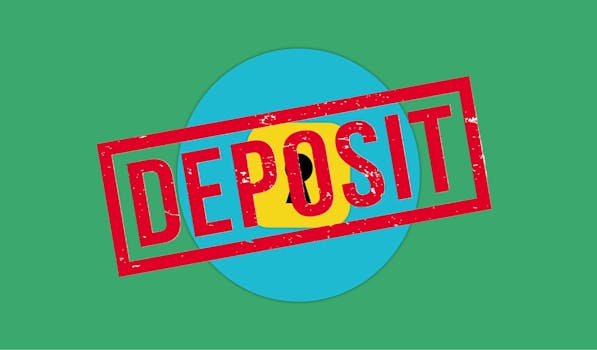Debt Management
Navigating the Path to Debt Freedom: A Strategic Guide
From budgeting and refinancing to increasing income and engaging with creditors, this guide equips you to achieve debt freedom.
Advertisement

In the dynamic financial landscape of today, adeptly managing debt is not just a skill—it’s a necessity.
From student loans to mortgages, the way we handle our obligations can define our financial trajectory.
This guide is crafted to empower you with actionable strategies for prudent debt management, paving your way to fiscal liberation.
Crafting a Robust Financial Blueprint
A meticulous budget is the cornerstone of debt control. Begin by meticulously documenting your income streams and expenditures.
This granular insight into your fiscal health is pivotal. Dedicate a portion of your income to essential living costs, with a disciplined focus on channeling surplus funds towards debt reduction.
This informed approach is the bedrock of sound financial stewardship.
Tackling High-Interest Debt with Precision
Interest rates are not uniform; they are a silent predator on your wallet. Prioritize extinguishing high-interest liabilities, typically credit card debt, to halt the compounding of interest.
This strategic targeting can result in substantial savings and expedite your journey to a debt-free existence.
Streamlining Obligations: Consolidation and Refinancing
Navigating multiple debts can be a labyrinthine task. Consider the consolidation of various debts or refinancing into a singular, lower-interest obligation.
This maneuver simplifies your debt landscape and can diminish the cumulative interest burden.
Investigate personal loans or balance transfer credit cards as potential avenues to a more streamlined debt management experience.
Expenditure Optimization: The Art of Frugality
Scrutinize your spending habits with a discerning eye and identify non-essential expenditures that can be curtailed.
The cumulative impact of minor austerity measures, such as dining in or pruning redundant subscriptions, can be significant.
Redirect these savings to accelerate debt repayment, transforming frugality into financial freedom.
The Financial Safety Net: Building an Emergency Reserve

An emergency fund is your financial bulwark against unforeseen expenditures.
Cultivate a reserve of three to six months’ worth of expenses to fortify yourself against the need for debt reliance in times of crisis.
This proactive measure is a testament to prudent financial planning.
Engaging with Creditors: A Collaborative Approach
Financial headwinds require proactive engagement with creditors. Many are amenable to renegotiating terms to facilitate manageable repayment plans.
Lower interest rates, extended payment durations, or settlement options can be negotiated. This dialogue can be instrumental in devising a viable path forward.
Enlisting Expert Financial Navigation
When debt becomes a Gordian knot, it’s prudent to seek the acumen of professionals.
Credit counselors and financial advisors can offer tailored advice, mediate with creditors, and help chart a personalized debt management course.
The Virtue of Automated Commitments
Embrace the reliability of automated payments to ensure punctuality and consistency in meeting your financial obligations.
This systematized approach precludes the pitfalls of human forgetfulness and the resultant penalties.
Augmenting Fiscal Resources
Enhancing your income is a potent strategy to accelerate debt repayment.
Embrace opportunities for additional revenue streams, whether through part-time endeavors, freelancing, or monetizing unused possessions.
This proactive initiative can significantly amplify your debt repayment efforts.
The Psychological Journey: Staying the Course
The odyssey of debt repayment is as much psychological as it is financial. Establish micro-goals, celebrate fiscal milestones, and remain steadfast in your vision of a debt-free future.
This mental fortitude will serve as the backbone of your financial transformation.
The Discipline of Credit Utilization
As you navigate through debt repayment, vigilance against accruing new debt is paramount. Exercise judicious use of credit facilities and eschew additional loans barring absolute necessity.
This restraint is critical in maintaining the integrity of your debt management strategy.
Empowerment through Financial Literacy
Arm yourself with knowledge. Financial literacy is a formidable ally in debt management. Commit to understanding the nuances of personal finance, budgeting, and investment.
This wisdom is the compass that will guide your fiscal decisions.
Debt Repayment Methodologies
The debt snowball and avalanche methods are two tactical approaches to debt elimination.
Whether you opt for the gratification of clearing smaller debts first or the efficiency of targeting high-interest debts, align your choice with your financial ethos and behavioral inclination.
Mastering debt management is a journey marked by discipline, strategic foresight, and unwavering resolve.
By embracing these strategies, you assert control over your finances, diminish your debt burden, and stride confidently towards financial sovereignty.
Remember, each step towards eradicating debt is a leap towards a more secure and prosperous future.
Trending Topics
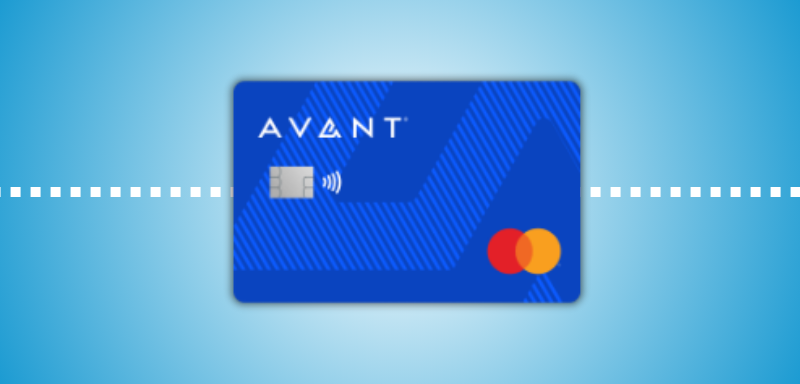
Avant Credit Card Review: Credit Builder for Fair Credit Scores
Fair credit or limited history? Avant Credit Card makes credit accessible with simple approval and monthly reporting to credit bureaus.
Keep Reading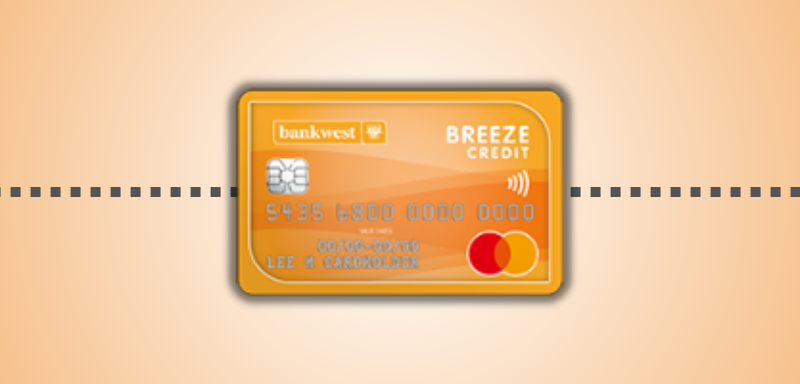
Bankwest Breeze Mastercard review: Your Go-To Low Rate card
Find out why the Bankwest Breeze Mastercard is a smart choice for those wanting low ongoing rates and excellent starter offers.
Keep ReadingYou may also like
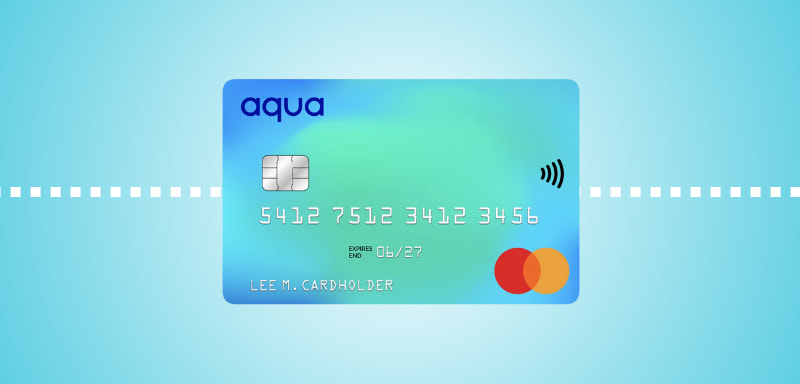
Aqua Classic Card Review: Build Credit with No Annual Fee
Discover the Aqua Classic Card: credit-builder credit card in the UK with no annual fee and personalised limits.
Keep Reading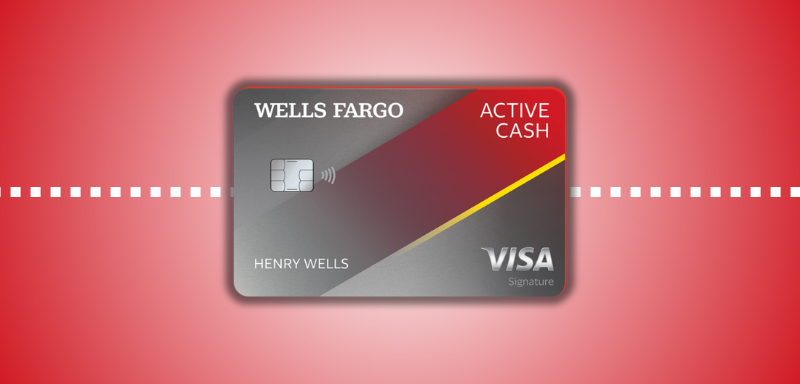
Wells Fargo Active Cash® Card Review: No annual Fee and Cash Back
A clear guide to the Wells Fargo Active Cash® Card with details on 2% cash rewards, no annual fee, and who should apply.
Keep Reading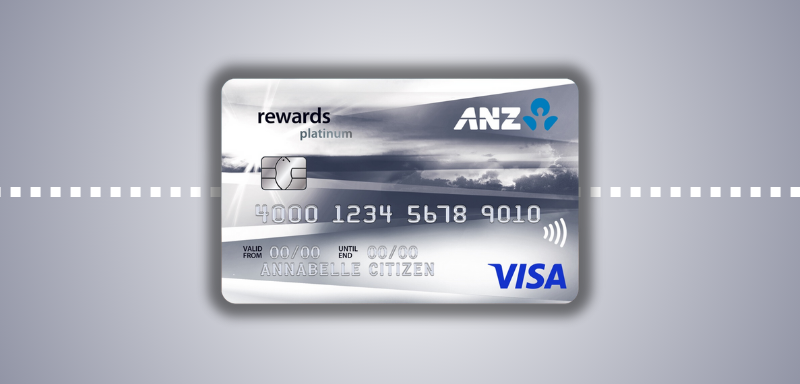
ANZ Rewards Platinum Credit Card review: Points Perks Galore
The ANZ Rewards Platinum Credit Card combines valuable rewards with essential benefits. See if it's the right card for you.
Keep Reading